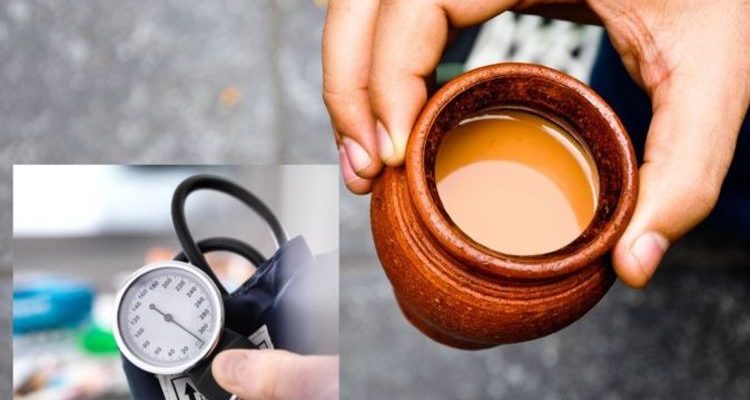Cinnamon: Dr Rupy reveals health benefits
We use your sign-up to provide content in ways you’ve consented to and to improve our understanding of you. This may include adverts from us and 3rd parties based on our understanding. You can unsubscribe at any time. More info
Chai is an Indian term for tea, describing a broad range of black teas prepared with different spices and herbs.
Some commonly used spices for chai have seen mediocre effects on improving blood sugar.
Cinnamon is a commonly used spice for chai teas, refined from the bark of a tree.
Studies on people with type two diabetes have looked at the potential of cinnamon to improve blood sugar and cholesterol.
It compared the LDL (bad) cholesterol and HDL (good) cholesterol levels of people after 40 days of consuming 6 grams of cinnamon daily or after 40 days of blank placebo capsules.
In the placebo group no change occurred for HDL, LDL or total cholesterol.
In the cinnamon group no change occurred for HDL.
LDL levels were improved in the cinnamon group, but 6g of cinnamon is more than most people put in their coffee.

Ginger is a popular spice with a distinctive taste, popular in winter for the effect of being able to remedy congestion.
Some research has suggested it may be able to lower blood pressure.
One study examined the impact of consuming three grams of the spice daily for eight weeks amongst a group of over 50s.
The research concluded: “Further studies are warranted before definitive conclusions may be reached.”
The ‘King of Spices’ is at home in many meals and the same is true of chai teas.
It contains the chemical piperine which has proven anti-inflammatory properties among animal studies.
Inflammation is a symptom of many chronic conditions such as diabetes and can cause an escalation of symptoms.
Controlling the inflammatory response can limit the progression of other symptoms.

Cardamom is a spice that can only be cultivated in a narrow range of tropical countries that mirror the southern Indian rainforests where the plant is native.
One study looked at the effect of cardamom in Arabic coffee preparations.
The spice produced a positive effect on some markers for liver health, but increased total cholesterol and LDL cholesterol.

Tea drinking has a long history, constituting the second most consumed beverage (beaten only by water, which can be considered a very mild form of tea).
Various preparations of tea have been used in traditional medicine across a variety of cultures.
The first documentation of tea in writing comes from China in 760 CE.
Mythological accounts of tea go back as far as 2737 BCE.
Source: Read Full Article
